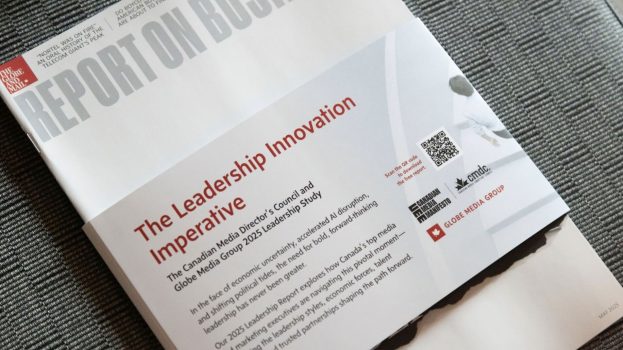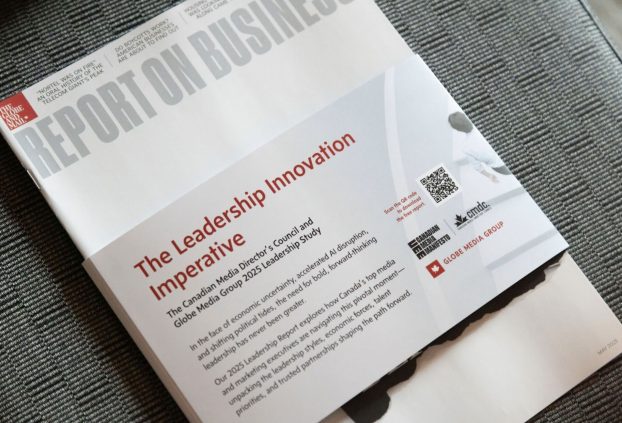The current economic crisis is so vicious and unnerving because it involves the bursting of multiple bubbles. While the initial cause of this downturn has been tied to the easy credit and unregulated securitization practices that led to profligate expansion in the housing sector, more thoughtful analysts now recognize that the factors behind this severe and likely long recession are more complex and systemic.
Much of our consumer economy in recent years has been subsidized by easy credit rather than real increases in wages or buying power. Banks and credit card companies have left the impression that ‘you’re richer than you think,’ but the true state for most of us is not that we had more wealth, but simply more leverage.
Our global use of energy and natural resources has followed a similar pattern. We have known since the Brundtland Report in 1987 that society’s extraction and pollution practices are not sustainable, yet we continued to promote convenience over conservation or moderation. In this case, the equity being consumed belonged to future generations. Just as the financial black hole of unregulated markets cost the global economy trillions, the energy and environmental bubbles now burst have exacted a terrible price in terms of lost species, climate change, and future developmental security.
The call of politicians and economists is now for stimulus. While I support such measures as tactics, I also believe policy-makers, company executives and marketing professionals have a deeper obligation to also engage the systemic sources of this current loss in confidence.
It is not enough – indeed it is an abrogation of responsibility – to simply work towards getting back to business as usual. Our task as strategists is to normalize these unusual pressures and restraints, creating new terms of value for customers that respect the constraints of living within our means within a dangerous economy and a threatened natural environment.
Crisis can be a catalyst for innovation. If all we do as marketers is lower prices and manage inventory, then really, any automaton could do our job for us. If all we strive for is to hold on until the economy recovers, then we really do deserve our jobs to be outsourced to some foreign head office. Canadian managers and marketers face the rare opportunity to exercise their skills and talents in the service of change as well as results.
In Europe, China, the U.S. and now Canada, the argument is being made that spending public funds will serve as an investment, securing productivity and green infrastructure for the future. Brands face the same possibility, to address the weighty concerns of customers, to redesign sustainable value propositions and to develop business models for the long term.
From history we know that tough times bring people back to basics. In human terms we tend to appreciate even more the values of friendship, constancy, commitment, integrity and community. For companies and brand managers, the imperative to restore confidence or renew public trust similarly awakens a renewed concern for ethics.
Sadly, the professions usually charged with managing brand trust have the biggest credibility holes to dig out. Various studies show that marketers are held in suspicion by other departments within their own companies. And while advertising professionals confront what many consider to be the most challenging ethical quandaries in business, the industry has been documented to be a laggard in establishing relevant codes, training personnel on ethical decision-making, and measuring ethical impacts or outcomes. Such moral shortcomings, largely invisible in fast-growth economic times, become huge liabilities within the scrutiny and suspicion of deep recession.
Companies and marketers that focus on their ethics in bad times earn the public confidence to lead when new patterns of possibilities emerge. Johnson & Johnson famously developed its corporate ‘Credo’ during the Depression. Designed as a framework for dealing fairly with physicians, customers and employees during the bleak days of that prolonged economic downturn, the Credo was so ingrained in the culture that it played the defining role decades later in that company’s celebrated response to the Tylenol tampering scare.
This is the time to invest in social responsibility, not curtail it. This is the exact moment to foster ethical reflection among managers and in strategy making.
Marketing and advertising are vitally important to our future – for fostering sustainability, creating shared commitment to the common good and helping citizens, customers and communities work through wiser choices. To lead what I believe will be an upcoming renaissance, the professions of persuasion must develop true professionals with high, visible and visionary standards for the public good.
John Dalla Costa is the founding director of the Centre of Ethical Orientation, a Toronto-based consultancy working with private and public sector organizations on governance, ethical culture, and brand trust. He is the author of five books, including, most recently, In Trust. Ethics in Advertising: An Enquiry into What Is Necessary and What Is Possible. You can reach John at jdallacosta@ceo-ethics.com.























